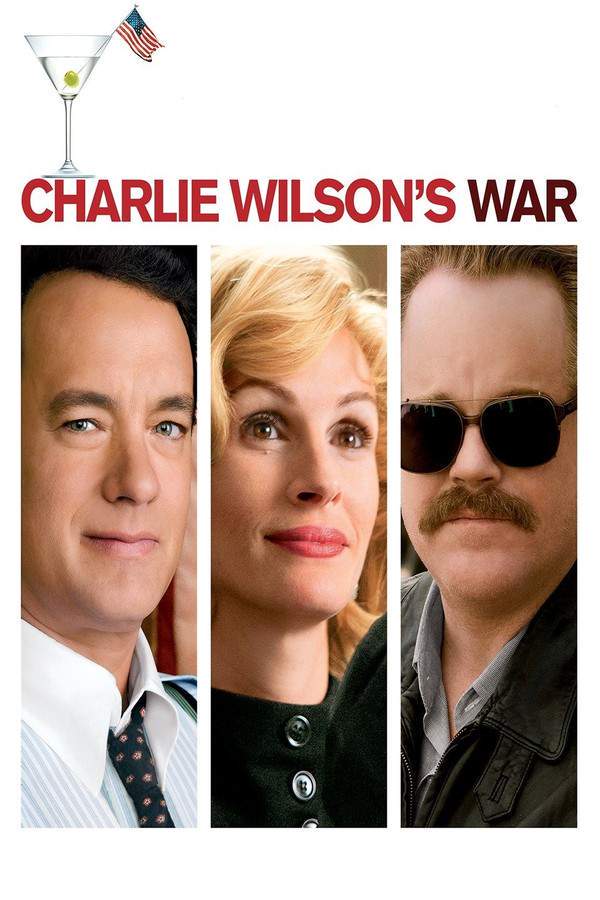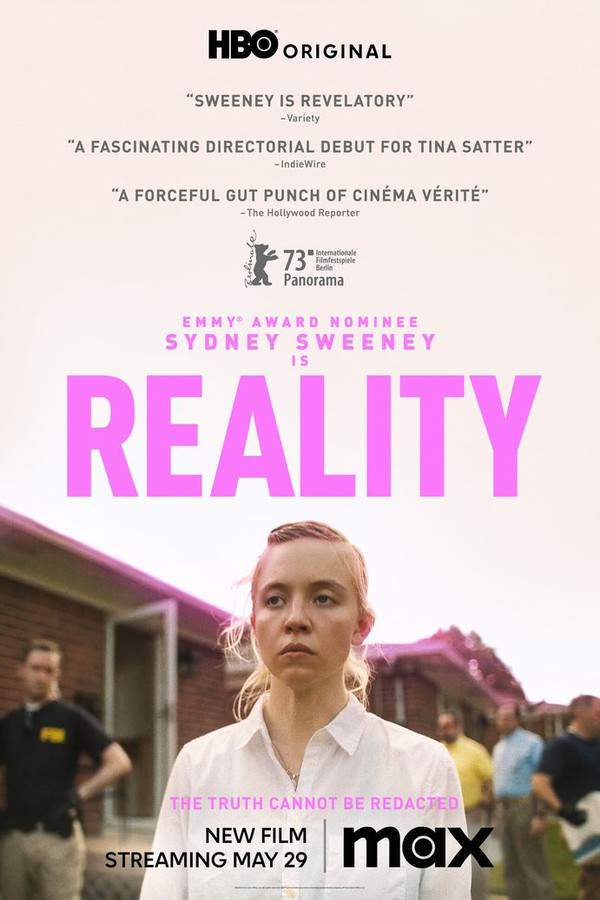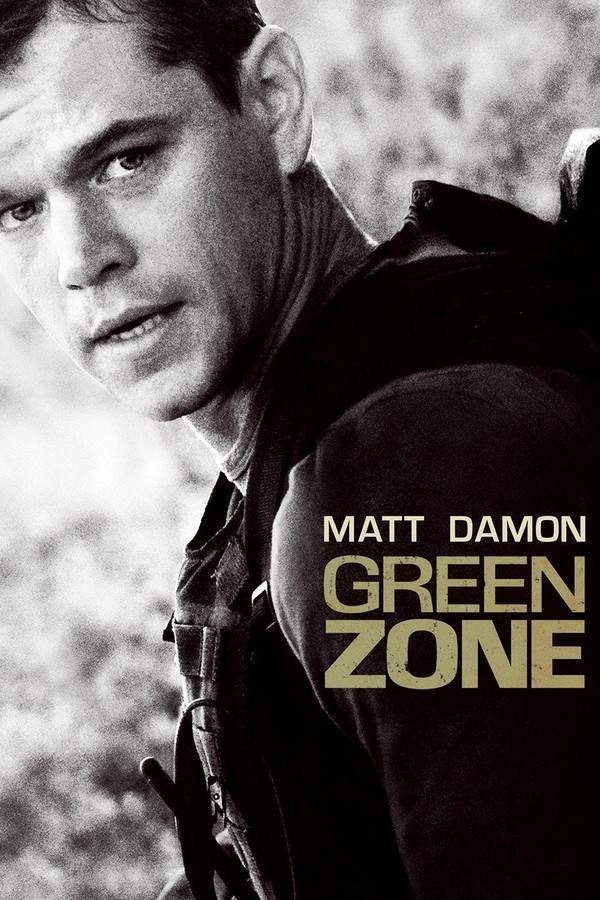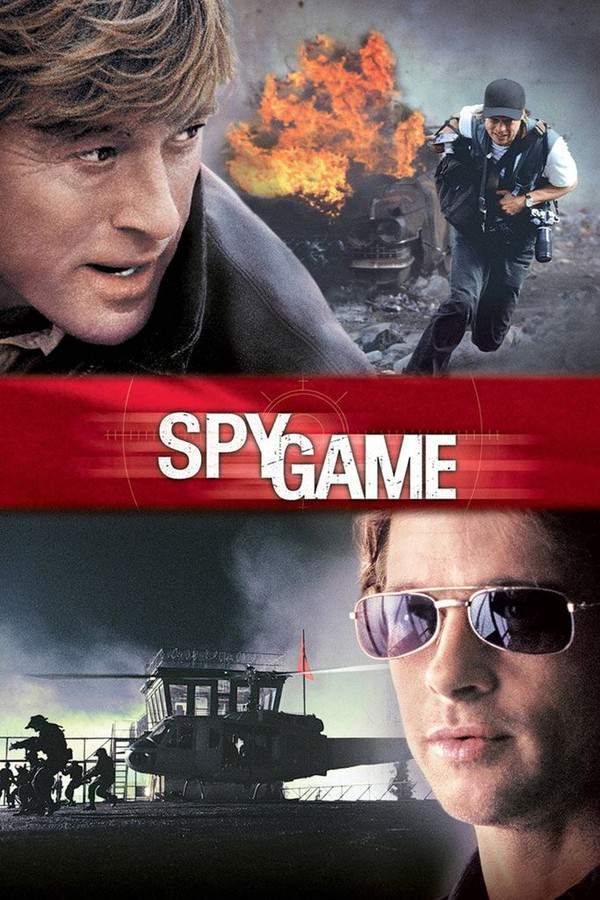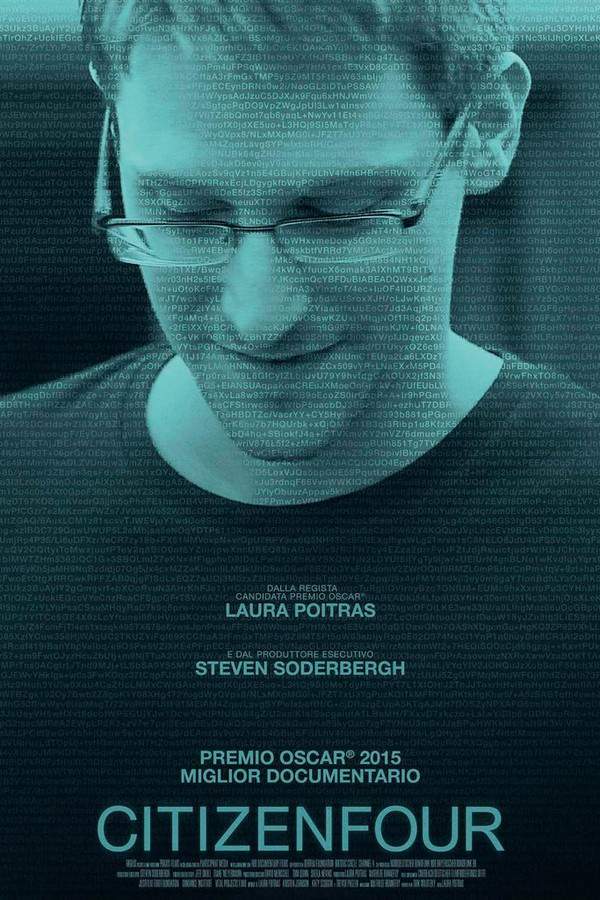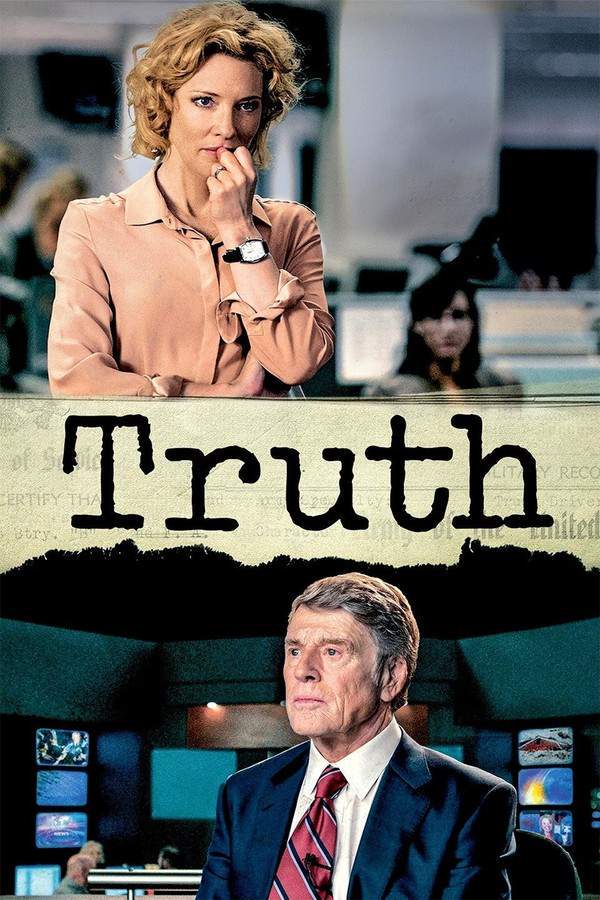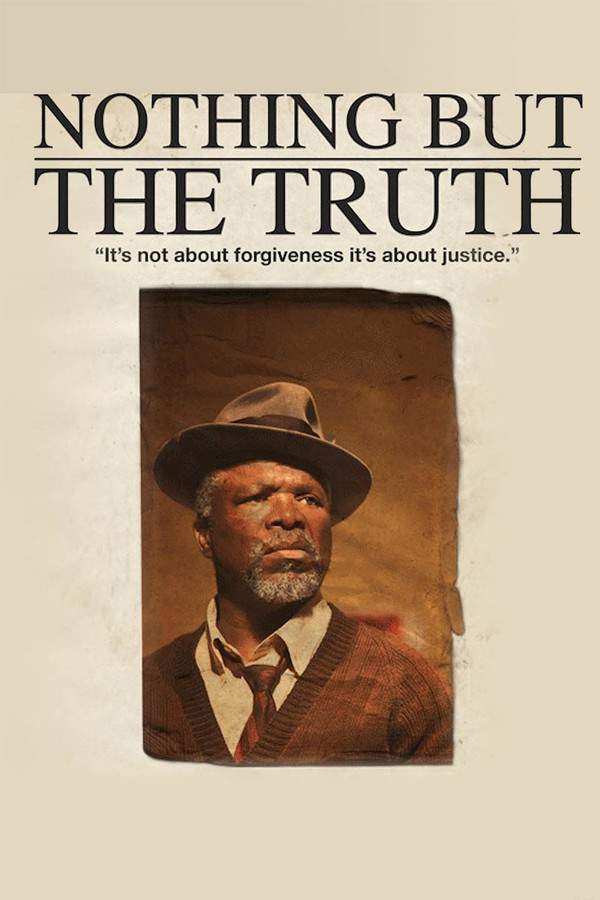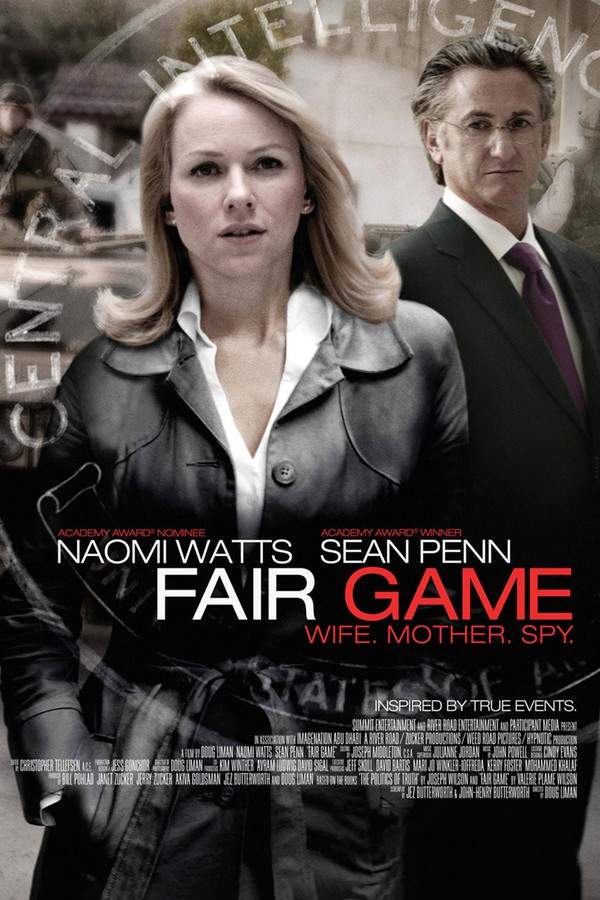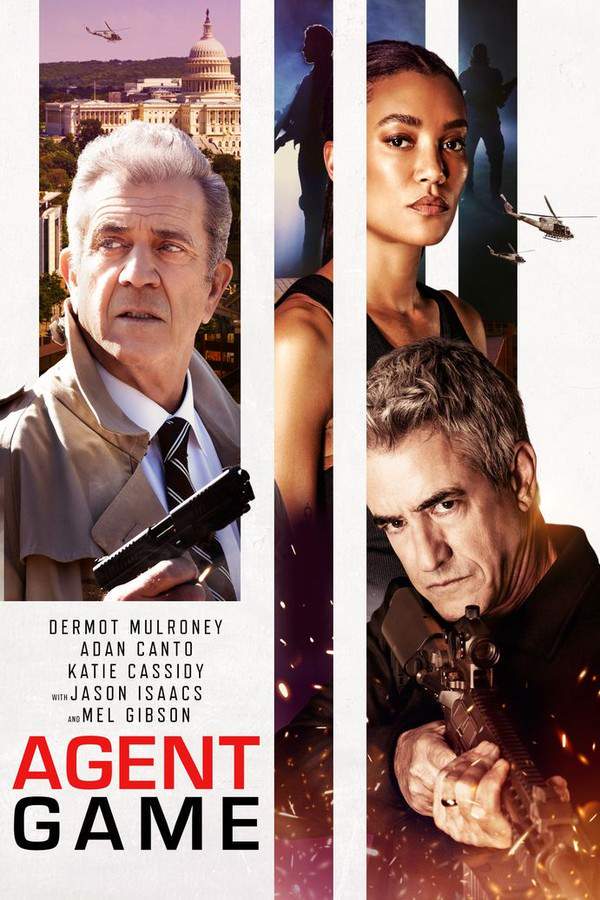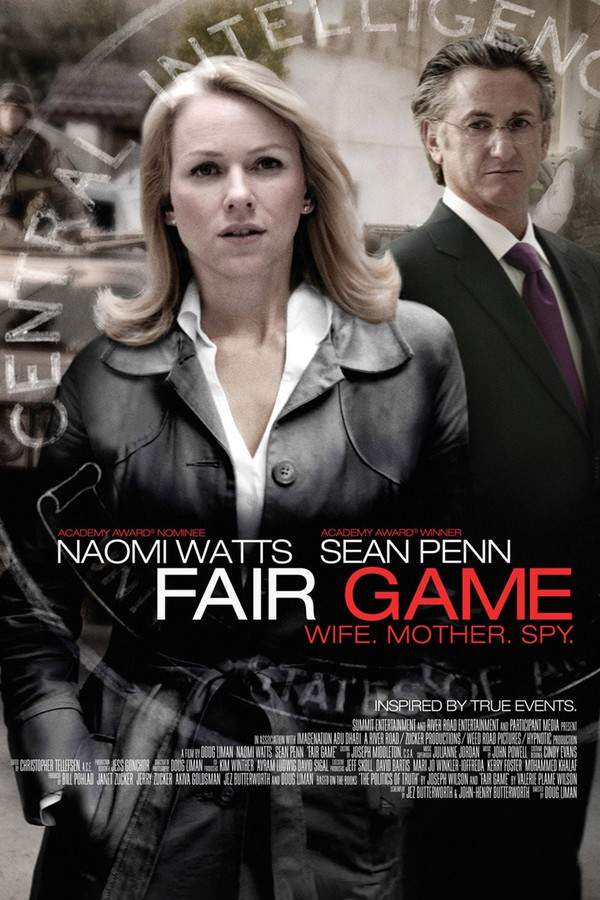
Fair Game 2010
Directed by

Doug Liman
Made by

Summit Entertainment
Test your knowledge of Fair Game with our quiz!
Fair Game Plot Summary
Read the complete plot summary and ending explained for Fair Game (2010). From turning points to emotional moments, uncover what really happened and why it matters.
Valerie Plame is a dedicated employee of the Central Intelligence Agency, but her covert role remains a closely guarded secret known only to her immediate family. As a highly skilled agent, she participates in a range of sensitive and perilous operations around the globe.
Her husband, Joseph C. Wilson, is a seasoned diplomat who has served as a U.S. ambassador to various African nations, including Gabon and Sao Tome and Principe. With his extensive experience, Wilson is approached by Plame’s CIA colleagues to undertake a mission to Niger. Their goal is to ascertain whether Iraq is attempting to procure yellowcake uranium for the potential development of nuclear weapons. After conducting his investigations, Wilson confidently concludes that the claims are unfounded.
In an unexpected turn of events, military action is initiated by President George W. Bush, who references these dubious uranium reports during his 2003 State of the Union address, asserting their significance in the justification for war. In response, Wilson publishes an op-ed in the New York Times, refuting the government’s narrative and claiming the reports to be completely false.
The consequences of Wilson’s assertions are profound, as Plame’s identity as a CIA operative is publicly exposed, possibly linked to a leak from White House officials, including Scooter Libby, the Vice President’s chief of staff. This revelation appears to be a political maneuver aimed at undermining Wilson’s credibility regarding the allegations of intelligence manipulation by the Bush administration as a pretext for war. Consequently, Plame is abruptly terminated from the CIA, leaving her ongoing assignments in jeopardy and placing a strain on her marriage.
The tension escalates when Plame distances herself from Wilson, particularly due to his participation in interviews that invite public scrutiny and threats against their safety. However, Wilson ultimately convinces her that confronting the formidable power of the White House is essential for them as citizens. In a bold move, Plame reconciles with Wilson and decides to testify before a Congressional committee. Meanwhile, Libby faces legal repercussions, being convicted of perjury and obstruction of justice, and receiving a 30-month prison sentence, which President Bush later commutes.
Fair Game Timeline
Follow the complete movie timeline of Fair Game (2010) with every major event in chronological order. Great for understanding complex plots and story progression.
Valerie's Covert Role
Valerie Plame works as a dedicated employee of the CIA, performing sensitive and secret operations worldwide. Her covert role, however, remains a closely guarded secret known only to her immediate family.
Wilson's Diplomatic Background
Joseph C. Wilson, Valerie's husband, is a seasoned diplomat with experience as a U.S. ambassador to African nations such as Gabon and Sao Tome and Principe. His diplomatic career provides him with insights that are crucial to the unfolding events.
Mission to Niger
Plame’s CIA colleagues approach Wilson for a critical mission in Niger, with the intent to verify claims that Iraq is seeking to acquire yellowcake uranium. This investigation is pivotal in determining the legitimacy of prewar intelligence regarding Iraq's potential nuclear ambitions.
Wilson's Findings
After conducting thorough investigations in Niger, Wilson confidently concludes that the allegations of Iraq attempting to procure uranium are unfounded. His findings are crucial in shaping the public narrative surrounding the impending war in Iraq.
Bush's State of the Union Address
In a significant political moment, President George W. Bush references the dubious uranium reports in his 2003 State of the Union address. This speech serves as a pivotal point in garnering public support for military action against Iraq.
Wilson's Op-Ed Publication
In response to the government's narrative, Wilson writes an op-ed in the *New York Times*, publicly refuting the claims made by the Bush administration about Iraq's alleged uranium pursuit. This bold move places him at the center of a political storm.
Exposure of Plame's Identity
Following Wilson's public assertions, Valerie Plame's identity as a CIA operative is leaked, likely linked to White House officials like Scooter Libby. This exposure puts her career and safety at serious risk, as well as affecting national security.
Termination from the CIA
As consequences unfold from the leak, Plame is abruptly terminated from her position at the CIA. This leaves her ongoing assignments in jeopardy and introduces significant strain into her marriage with Wilson.
Marital Tension
In the wake of the turmoil, tension escalates between Valerie and Joseph. Valerie distances herself from Joseph, largely due to the public scrutiny and threats that emerge from his interviews regarding the situation.
Reconciliation and Testimony
Wilson ultimately persuades Plame to confront the mounting challenges, leading her to reconcile with him. Plame decides to testify before a Congressional committee about the events and her experiences, marking a bold step in her fight for justice.
Libby's Legal Troubles
Scooter Libby faces serious legal repercussions for his involvement in the leak of Plame's identity. He is convicted of perjury and obstruction of justice, showcasing the broader implications of the political scandal.
Bush's Commutation
In a controversial decision, President Bush commutes Libby's 30-month prison sentence. This action stirs public outrage and discussions about accountability and justice within the administration.
Fair Game Characters
Explore all characters from Fair Game (2010). Get detailed profiles with their roles, arcs, and key relationships explained.
Valerie Plame
Valerie Plame is a dedicated CIA officer whose commitment to her covert work shapes her identity. She faces intense scrutiny and peril following the exposure of her role, which puts her career and safety at risk. Plame showcases resilience and courage as she navigates the fallout from the political scandal while striving to protect her family.
Joseph C. Wilson
Joseph Wilson is a seasoned diplomat known for his integrity and willingness to stand against government deception. He plays a pivotal role in uncovering the truth about Iraq's alleged pursuit of uranium, ultimately becoming an outspoken critic of the administration's narrative. His advocacy for transparency and accountability illustrates his strong moral compass.
Fair Game Settings
Learn where and when Fair Game (2010) takes place. Explore the film’s settings, era, and how they shape the narrative.
Time period
2003
The events of 'Fair Game' unfold during a tumultuous period in American history centered around the lead-up to the Iraq War. In 2003, the U.S. government was heavily scrutinized for its intelligence assessments regarding weapons of mass destruction, leading to widespread debate and controversy. The political climate was charged, with public trust in government agencies and officials wavering under the weight of perceived misinformation.
Location
Niger, Gabon, Sao Tome and Principe, Washington D.C.
The movie primarily takes place in various international locales, including Niger, where Joseph Wilson investigates uranium claims, and African nations like Gabon and Sao Tome and Principe, reflecting the diplomatic experiences of Wilson. The narrative also connects to Washington D.C., the political epicenter where critical decisions and conversations unfold regarding national security and military actions.
Fair Game Themes
Discover the main themes in Fair Game (2010). Analyze the deeper meanings, emotional layers, and social commentary behind the film.
⚖️
Justice
Justice serves as a critical theme in 'Fair Game,' examining the moral complexities faced by Valerie Plame and Joseph Wilson. Their fight against governmental power highlights the importance of truth and accountability in political narratives. The film portrays the personal sacrifices they endure in pursuit of justice amid a political landscape rife with deceit.
🕵️♀️
Betrayal
Betrayal is a prominent theme that runs deep in the narrative, particularly with Plame's identity being compromised by political maneuvering. The exposure of her covert role as a CIA operative illustrates a violation of trust that not only affects her professional life but also the safety of her family. The film calls attention to the dangerous repercussions of political betrayal.
❤️
Relationships
The strain on the marriage between Plame and Wilson is highlighted throughout the film, showcasing how personal and public conflicts can intertwine. Their relationship is tested by external pressures and their respective commitments to truth and national security. Ultimately, their journey together reflects the power of love and mutual support amidst adversity.

Coming soon on iOS and Android
The Plot Explained Mobile App
From blockbusters to hidden gems — dive into movie stories anytime, anywhere. Save your favorites, discover plots faster, and never miss a twist again.
Sign up to be the first to know when we launch. Your email stays private — always.
Fair Game Spoiler-Free Summary
Discover the spoiler-free summary of Fair Game (2010). Get a concise overview without any spoilers.
In the tense atmosphere of early‑2000s Washington, a world of classified missions and high‑stakes diplomacy unfolds behind polished façades and closed doors. The film paints a sober, almost clinical portrait of the intelligence community—its quiet corridors, whispered briefings, and the invisible lines that separate public policy from covert action. The tone is measured and foreboding, a blend of procedural realism and personal drama that invites the viewer to feel the weight of secrets that shape a nation’s course.
Valerie Plame moves through this hidden sphere with a rare combination of expertise and resolve. As a CIA operative, she is accustomed to operating in the shadows, her professional identity known only to a tight circle of trusted colleagues. Yet beyond the badge and the missions, she carries the ordinary concerns of a wife and mother, striving to keep her dual lives from colliding. Her competence and quiet confidence become the steady center of a world that rarely allows its agents to breathe.
Joseph C. Wilson occupies a parallel realm of diplomatic service, traveling to distant posts and negotiating on behalf of the United States. Their marriage links two demanding careers, each bound by discretion and a sense of duty. Wilson’s seasoned perspective on international affairs complements Plame’s covert skill set, creating a partnership that is both supportive and strained by the inevitable tensions of living on opposite sides of secrecy. Their relationship offers a glimpse into the personal cost of serving a country that often asks more than it reveals.
When an unexpected breach forces the couple’s carefully constructed existence into the public eye, the film shifts focus to the ripple effects of that intrusion. The narrative explores the uneasy balance between loyalty to one’s nation and the right to protect one’s family, set against a backdrop of political turbulence and media scrutiny. The mood remains taut and contemplative, inviting audiences to consider how the invisible machinery of power can upend even the most resilient lives.
Can’t find your movie? Request a summary here.
Movies with Similar Twists and Themes
Uncover films that echo the narrative beats, emotional arcs, or dramatic twists of the one you're exploring. These recommendations are handpicked based on story depth, thematic resonance, and spoiler-worthy moments — perfect for fans who crave more of the same intrigue.
Featured on this page

What's After the Movie?
Not sure whether to stay after the credits? Find out!
Explore Our Movie Platform
New Movie Releases (2026)
Famous Movie Actors
Top Film Production Studios
Movie Plot Summaries & Endings
Major Movie Awards & Winners
Best Concert Films & Music Documentaries
Movie Collections and Curated Lists
© 2026 What's After the Movie. All rights reserved.


